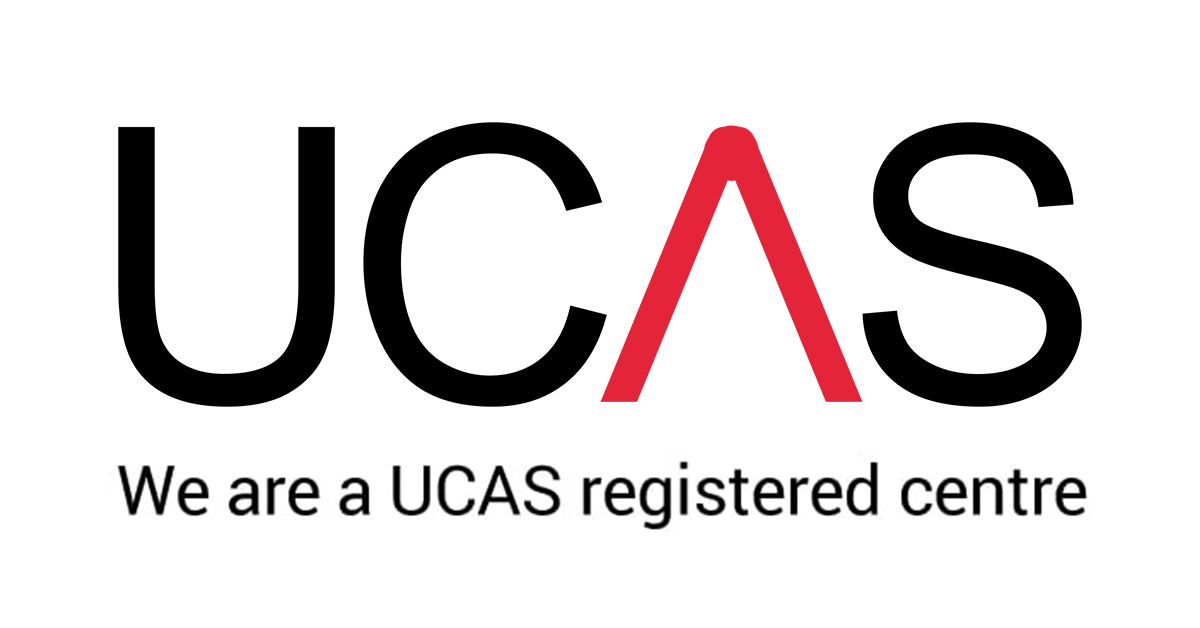Key Stage 2 - Science
Exploring the Natural and Physical World
Overview:
This topic introduces primary school students to the wonders of science through hands-on exploration, observation, and inquiry-based learning. Covering key scientific areas such as biology, chemistry, physics, and environmental science, students will develop critical thinking, curiosity, and an understanding of the world around them. The curriculum fosters scientific literacy and practical skills through engaging experiments and real-world applications.
Key Objectives:
· To develop an understanding of key scientific concepts in biology, chemistry, and physics.
· To encourage curiosity and inquiry through hands-on experiments and investigations.
· To introduce scientific methods, including observation, prediction, experimentation, and evaluation.
· To explore the impact of science on everyday life and the environment.
· To develop problem-solving skills through scientific inquiry.
Activities:
At Queen’s Online School, students take part in enriching, skill-building activities. Each activity is thoughtfully designed to support confident, well-rounded learning.
Below are some of the activities available for our Key Stage 2 students:
- Plant Growth Experiments: Observing and recording how plants grow under different conditions.
- Animal Classification: Sorting and categorising animals based on characteristics.
- Food Chains and Ecosystems: Understanding relationships between organisms and their environments.
- States of Matter Exploration: Investigating solids, liquids, and gases through experiments.
- Chemical Reactions: Simple experiments demonstrating changes in materials (e.g., baking soda and vinegar reaction).
- Everyday Materials: Exploring the uses and properties of different materials.
- Magnetism and Electricity: Hands-on activities using magnets and simple circuits.
- Light and Shadows: Exploring how light travels and how shadows are formed.
- Forces and Motion: Investigating gravity, friction, and push-and-pull forces through experiments.
- Recycling and Conservation: Activities to understand the importance of reducing waste and protecting natural resources.
- Weather and Climate: Observing weather patterns and understanding climate change concepts.
- Human Impact on the Environment: Exploring ways to protect the planet through sustainable actions.
Key Details
Assessment:
- Continuous assessment through participation, practical investigations, and discussions.
- Science journals and reports to document observations and findings.
- Concept quizzes and hands-on project evaluations.
- Group discussions and presentations to develop communication and reasoning skills.
Resources:
- Any home experiments will be based on easy to find items and where needed wew will request parental supervision.
- Nature observation tools (e.g., magnifying glasses, microscopes).
- Visual aids, videos, and interactive digital resources.
- Recycled materials and household items for sustainability projects.
Outcomes:
- Students will develop a strong foundational understanding of key scientific principles.
- They will learn to apply scientific methods and critical thinking in problem-solving.
- They will gain confidence in conducting experiments and making observations.
- They will appreciate the role of science in everyday life and environmental stewardship.
- They will foster curiosity and a lifelong love for science and discovery.






